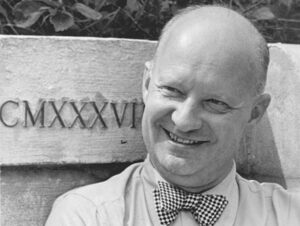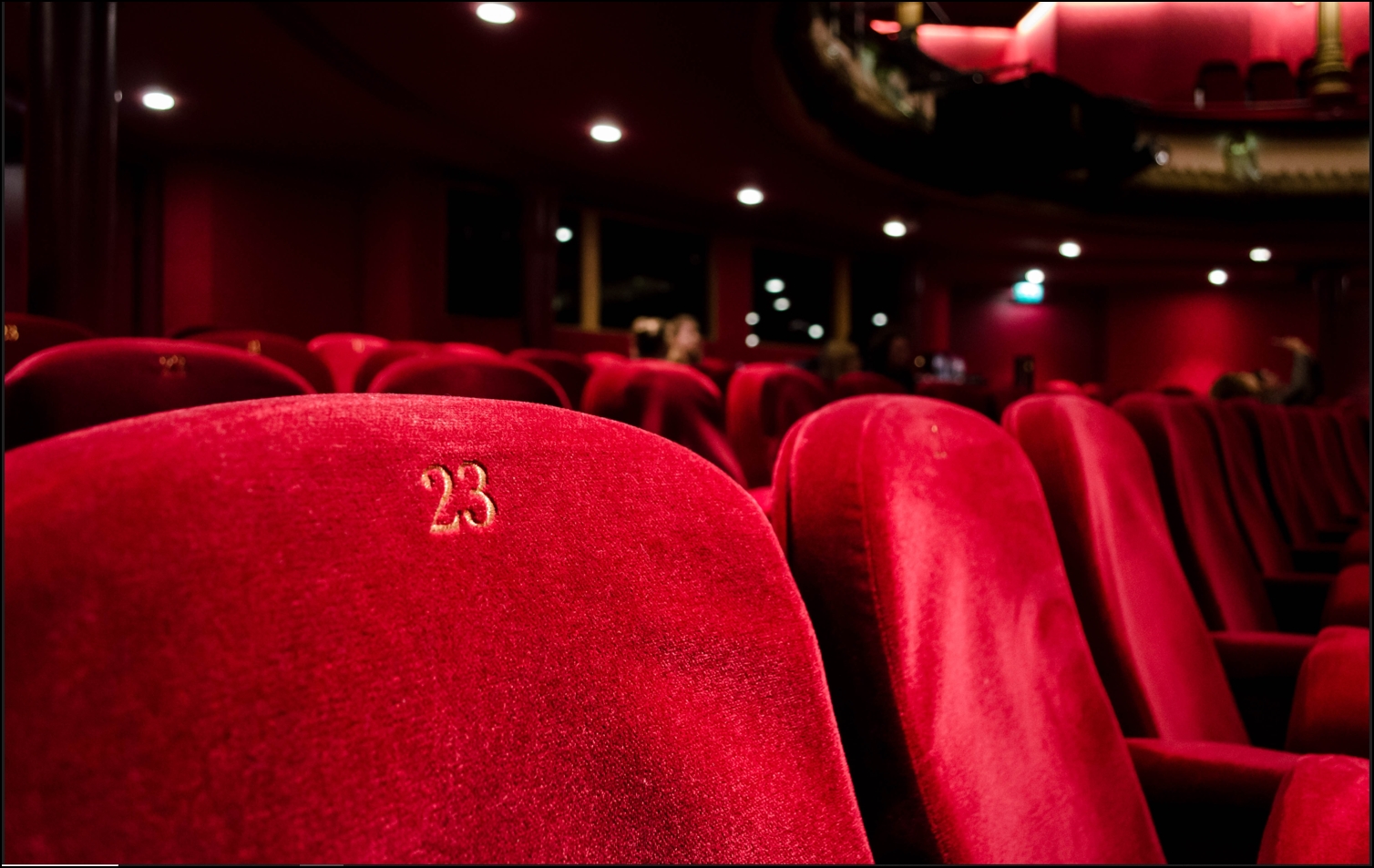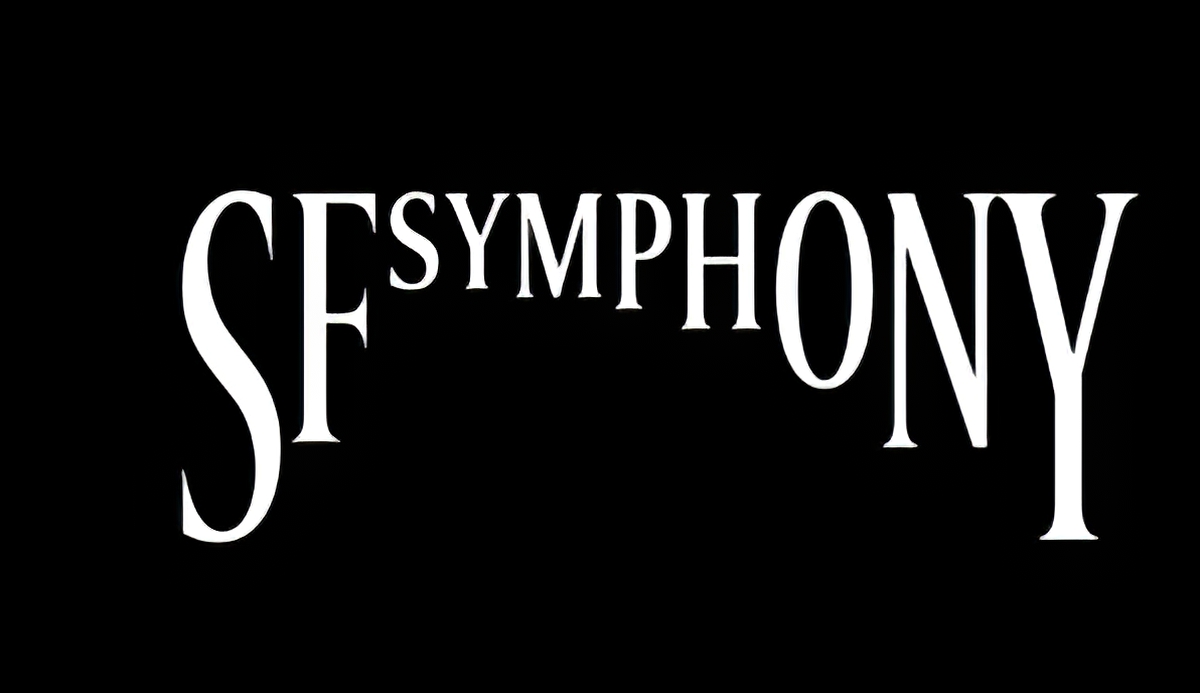by Jeff Dunn
How many times do you go to a symphony concert where at least one of the pieces is boring or has issues of execution or interpretation, no matter how good the rest of it is?
If you’re an old, feisty music critic like me, it’s almost always. But last weekend’s SF Symphony concert, masterfully assembled by music director Essa-Pekka Salonen, was perfect in every respect, with enthralling, varied, and integrated repertoire giving all orchestra sections a chance to shine.
 And shine, they did! To top it off, Salonen’s superb conducting maximized the selections’ inherent drama and dynamic ranges, leading to one standing ovation after another.
And shine, they did! To top it off, Salonen’s superb conducting maximized the selections’ inherent drama and dynamic ranges, leading to one standing ovation after another.
” … perfect in every respect … “
What integrated the four pieces performed was their consistent references to baroque composers set in the respective styles of the Romantic, Modernist, and 21st-Century composers Edward Elgar, Paul Hindemith, and Nico Muhly. The result was a splendid survey of many glories of the last 300 years of music history.
 Muhly’s work was an SF symphony-commissioned premiere of his 2024 piano concerto. This was the most impressive of his works I’ve heard so far, one immediately pleasurable and worth many future listenings when recordings become available. Its three movements were played without pause over 25 minutes.
Muhly’s work was an SF symphony-commissioned premiere of his 2024 piano concerto. This was the most impressive of his works I’ve heard so far, one immediately pleasurable and worth many future listenings when recordings become available. Its three movements were played without pause over 25 minutes.
The first showed orchestrational evidence of Muhly’s eight years as an assistant to Philip Glass, along with tads of John Adams’ postminimalism. But the second conjured unique sounds, including eerie glissandi and a shattering central climax. The third is a brisk toccata. All movements successfully exuded touches of the baroque composers Rameau and Couperin in a thoroughly contemporary and dazzling orchestral setting.
Muhly, admittedly obsessed by soloist Alexandre Tharaud, designed the concerto around his unique pianistic skills: lightning-fast fingers, ultra-high energy, and masterful control (except for his left foot, which periodically shot out to the side as if kicking away a cuff-chewing dog–but this added to, not subtracted from the excitement).
The first piece after intermission was Elgar’s orchestration of Bach’s Fantasia and Fugue in C minor, BWV 537, a superlative example of what became a fad with Leopold Stokowski’s transcriptions later in the 1920s. Elgar’s over-the-top conclusion to the end of the Fugue goes beyond anything Stokowski attempted. Even Richard Strauss, Mr. Excess himself, thought it went too far, but it’s a thrilling example of the Romantic spirit emanating from Berlioz.
The first and last works were Hindemith’s. When he died in 1963, he was considered one of the greatest 20th-century composers, along with Stravinsky, Bartok, and Schoenberg. That’s no longer true today, and in this reviewer’s opinion, it’s a shame.

His four-minute Ragtime (Well-Tempered) (1920) is full of robust good humor, immersing the theme of Bach’s C-minor Well Tempered Clavier tune in a sea of obstreperous fox trots, rags, and brass raspberries. And the concluding work, his masterpiece, Symphony, Mathis Der Maler, brought the audience to their feet for three long curtain calls. It’s incredible to this reviewer that symphony programmers have neglected this tremendous staple of music history for more than 36 years. How many lesser works have we heard countless times in that interval?
Compared to Mahler even, Hindemith’s symphony surpasses when you consider greatness per minute. The whole program, less than an hour of music, makes it a champion by that measure. Perfect!
-30-
 ASR’s Classical Music Section Editor Jeff Dunn is a retired educator and project manager who’s been writing music and theater reviews for Bay Area and national journals since 1995. He is a member of the San Francisco Bay Area Theatre Critics Circle and the National Association of Composers, USA. His musical Castle Happy (co-author John Freed), about Marion Davies and W.R. Hearst, received a festival production at the Altarena Theater in 2017. His opera, Finding Medusa, with librettist Madeline Puccioni, was completed in January 2023. Jeff has won prizes for his photography, and is also a judge for the Northern California Council of Camera Clubs.
ASR’s Classical Music Section Editor Jeff Dunn is a retired educator and project manager who’s been writing music and theater reviews for Bay Area and national journals since 1995. He is a member of the San Francisco Bay Area Theatre Critics Circle and the National Association of Composers, USA. His musical Castle Happy (co-author John Freed), about Marion Davies and W.R. Hearst, received a festival production at the Altarena Theater in 2017. His opera, Finding Medusa, with librettist Madeline Puccioni, was completed in January 2023. Jeff has won prizes for his photography, and is also a judge for the Northern California Council of Camera Clubs.
| Production | SF Symphony cornucopia |
|---|---|
| Producing Company | San Francisco Symphony |
| Production Dates | Thru Sept 28th |
| Production Address | Davies Symphony Hall 201 Van Ness Ave, SF CA 94012 |
| Website | www.sfsymphony.org |
| Telephone | (415) 864-6000 |
| Tickets | $30-$149 |
| Reviewer Score | Max in each category is 5/5 |
| Overall | 4.5/5 |
| Performance | 4.5/5 |
| Music | 4.5/5 |
| Aisle Seat Review PICK? | YES! |

